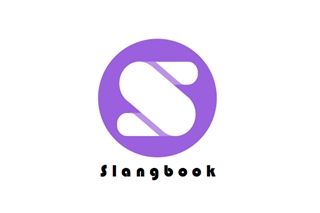When Grade 12 student Clifton Chim first came to GNS from Hong Kong, he was faced with the challenge of a adjusting to a new school, making new friends, and adapting to a new culture. Now, he’s developing an app that will make the process easier for new students. “At first I didn’t know anything about Canadian culture,” Clifton says, “but one of the things that gave me a pathway to learn more about it was slang.” For Clifton, learning the intricacies of Canadian slang didn’t just make conversations easier – it helped him relate to his peers. So Clifton decided to develop the tool he wishes he would have had: an app that helps users translate slang and find equivalent phrases in their own languages. At the beginning of the year, he recruited fellow GNS students to help him, including Eli Ramraj ’19 and Albert Yang ’19. “One of the biggest roadblocks to integrating yourself is language,” Eli says. “And one of the biggest barriers socially is slang – it’s not something you’re taught in class, but it’s so integral to interacting with peers.” The app is called Slangbook, and after nearly a year developing the platform and building a database, the team is nearly ready to launch. Right now, the app supports Cantonese, Mandarin, Spanish, French, Japanese, Korean, and English. As they grow, they hope to add more languages and continue expanding their database of terminology. Their goal is for a minimal, easy-to-use interface. While other databases exist for slang, like urbandictionary.com, Slangbook puts the focus on translation. Not to mention that Urban Dictionary allows user submissions with little moderation, which can be hit or miss. In contrast, Slangbook’s entries are written and edited by the development team. The web-based app will be free when it launches this summer, most likely in July. Clifton and Eli will both be attending the University of Toronto, where they’ll continue to work on their app and create new projects under the name “Influencio.” “We’re trying to be influential to the community, and contribute in some say,” says Eli. Stay tuned for more updates on the Slangbook launch!
Related Posts

Patty Wells’ Retirement: A Legacy of Dedication and Compassion
GNS is preparing to bid another farewell to one of its cherished teachers, Mrs. Patty Wells. She is retiring...

Four Effective Strategies for Mathematics Education: Insights from Mr. Pat Giommi
As a seasoned mathematics teacher, I’ve witnessed countless students grow and succeed in their mathematical journeys. Through my experience,...

GNS Offering Orton-Gillingham Summer Reading Camps for Grade 1 and 2 Students
GNS is excited to offer Orton-Gillingham reading camps this summer, promising a fun and transformative experience for young readers....


